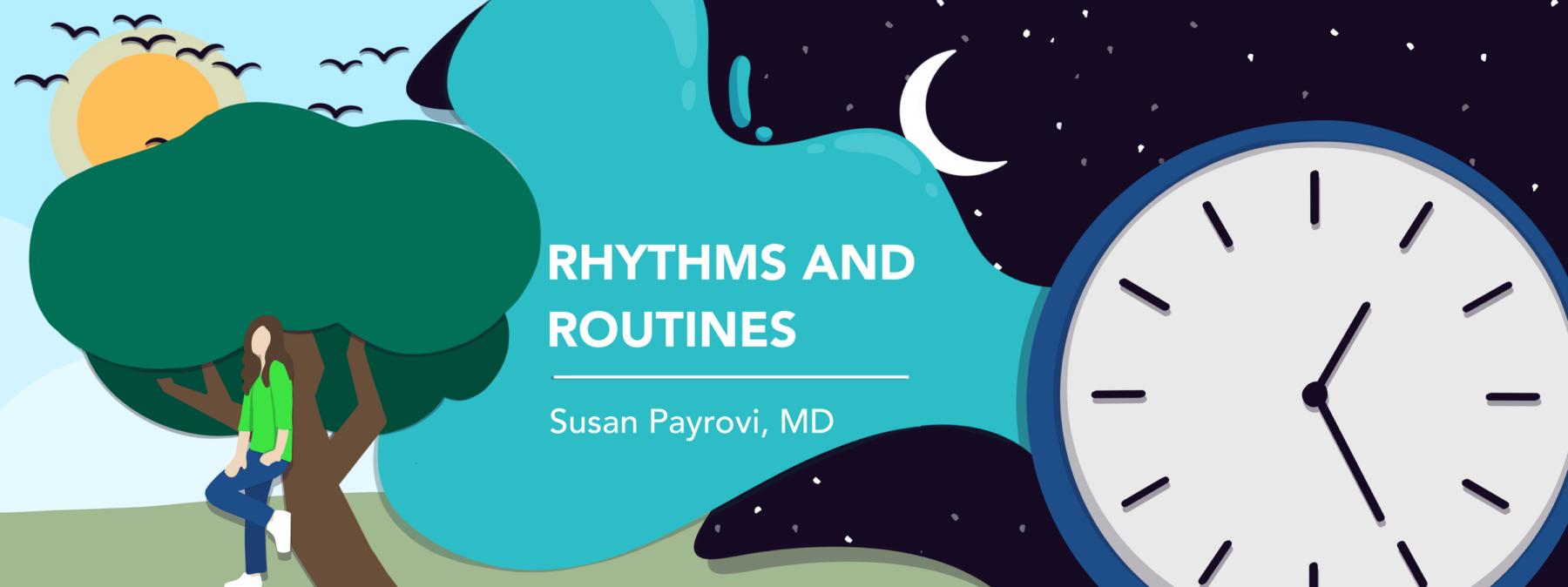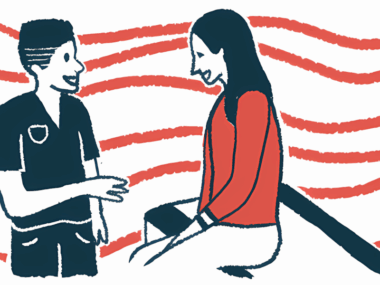The importance of play in both parenting and living with MS
How my family and I prioritize play to boost our well-being
Written by |

“The Longest Shortest Time.” The title of this parenting podcast says it all. How can it feel like your kids will never outgrow a stage, while simultaneously being way bigger than you remember them being just yesterday?
Living with a chronic disease like multiple sclerosis (MS) reminds me daily that time is unpredictable — and sacred. If MS has given me any unexpected gift, it’s this: I don’t take the present moment for granted. I know how quickly things can change, and that’s made me more intentional about how I spend my time, especially with my family.
We have just four more summers with all three boys still living under our roof. So, yes, I’ve made it a tradition to “gently force” my family into extended summer adventures. These trips help us unhook from daily routines, screens, and the familiar comforts of home and reconnect with each other. For me, travel is the ultimate form of play. And play, it turns out, is medicine.
We often think of play as something frivolous or only for kids. But play, in all its forms, is powerful. It activates our creative brain, brings us into the present moment, strengthens intuition, and helps regulate our immune and nervous systems. It’s not just fun; it’s therapeutic. As someone living with MS, I’m deeply interested in simple, joyful ways to guide my immune system away from autoimmunity. Play is one of them.
Data show that play enhances neuroplasticity, improves mental and emotional health, supports nervous system regulation, and helps quiet immune overactivity. And the best part? It can be anything that gets us into the flow, whether it’s painting, hiking, cooking, dancing, or lifting weights. The activity itself matters less than the presence it cultivates.
As my kids enter their teenage years, I’m learning how to evolve our play. It’s no longer about playgrounds and Legos, but about showing up together in new ways, all year long. Here’s what that looks like right now:
- Daily nature walks, rain or shine. There’s something grounding about moving through the trees and noticing what’s right outside our door. My boys have gotten into using apps like PlantSnap or the iPhone’s visual lookup tool to identify plants and animals. It turns our walks into mini adventures, and I’ve found that my kids tend to open up more when we’re walking shoulder-to-shoulder, rather than sitting face-to-face.
- Family strength training. My oldest son and I have started lifting weights together using my go-to perimenopause strength program. Strength training is beneficial at any age, so I’m encouraging my younger two to join us. Moving our bodies together builds more than muscle; it builds connection.
- Cooking as creative play. We’re a food-loving family, and I’m grateful that all three of my boys have a natural intuition for flavors. They’re wildly creative in the kitchen, and I’ve learned that my job is to step back (and maybe do the dishes) while they work their magic. They hate when I micromanage their culinary process, so now I just savor the results.
- Personal creative outlets. As an introvert, I also need solo playtime to recharge. I’ve been drawn lately to learning Persian calligraphy and origami while continuing my personal favorite: impromptu dance sessions around the house to my favorite jams.
If you’re in need of a little joyful movement, too, join me in “The Myelin Room” — a monthly 30-minute Zoom dance party that celebrates music, community, and the healing power of movement. Our next session is at 1 p.m. ET on Saturday, Aug. 9.
Because dancing is true medicine. And so is play.
Note: Multiple Sclerosis News Today is strictly a news and information website about the disease. It does not provide medical advice, diagnosis, or treatment. This content is not intended to be a substitute for professional medical advice, diagnosis, or treatment. Always seek the advice of your physician or other qualified health provider with any questions you may have regarding a medical condition. Never disregard professional medical advice or delay in seeking it because of something you have read on this website. The opinions expressed in this column are not those of Multiple Sclerosis News Today or its parent company, Bionews, and are intended to spark discussion about issues pertaining to multiple sclerosis.







Leave a comment
Fill in the required fields to post. Your email address will not be published.